Breaking the glass ceiling: a call for diversity in the workplace
Founded in 2014, Cogito Talent’s mission is to revolutionise the recruitment industry.
Cogito Talent work with a range of organisations, to help them understand how they can streamline their recruitment processes. They support businesses who want to make a significant impact and long-lasting change to ‘who’ and ‘how’ they recruit, supporting them to create talent strategies that enhance the organisation’s sustainability and performance through its people’s ability.
At the Good Employment Charter’s International Women’s Day event, Cogito Talent, a Member of the Good Employment Charter, discussed the lack of diversity, particularly the underrepresentation of women, in leadership roles across various industries – and what can be done to overcome this.
The numbers speak volumes
Statistics presented during the session painted a stark picture. While women make up 47% of the workforce, only 35% reach managerial positions, and a mere 25% ascend to leadership roles. Even more concerning is the revelation that only 10 chief executives out of 100 of the UK's top businesses are women. These numbers highlight the persistent existence of the glass ceiling—a barrier that obstructs the advancement of women and minority groups in their careers.
Identifying the barriers
Research from the Office of National Statistics show that between 2022 and 2023, 1.38 million women were economically inactive because they were looking after their family or home – this is in comparison to only 0.3% men.
Cogito highlighted various factors that contribute to this disparity, most of which are a result of becoming a mother. When a woman becomes a mother, it takes her 10 years to get her career back to where it was before she went on maternity leave. This then in turn causes the gender pay gap, limits promotion opportunities and results in a lack of representation at senior positions.
So, why does it take women so long to get back to her pre-motherhood career?
Research has shown this is mainly down to the flexibility, or lack of, that the workplace offers. For example, times and locations of job interviews are often dictated by the hiring company, meaning mothers, who are predominantly the main caregiver, must balance childcare with in-person interviews, or those that clash with the school run.
If the interview is a success, then women often face challenges once they are in the workplace. The lack of flexibility extends to the typical office job. Although remote working is now more common, many organisations still haven’t introduced flexible working patterns, meaning employees are still tied to their desks between 9-5, which makes it incredibly difficult to look after children without support – which mothers may not have, or which can be incredibly expensive and often costs the amount a woman earns.
These challenges impact women across the entire stage of their career. Whether it’s those with fertility issues, serious menstrual problems or those going through the menopause. Flexibility and an understanding work environment is imperative to the success of a women’s career – without it, they can feel undervalued, are less productive and it can have a serious, negative impact on their mental health.
Taking action
However, Emma took the time to highlight the actionable steps that organisations can take to improve inclusivity for women in the workplace.
- Reviewing the recruitment process:
Introducing flexibility in recruitment timelines and prioritising work-life balance can attract a more diverse pool of candidates. Offering career development paths specifically tailored for women can also encourage their professional growth.
Organisations should also review how they manage the recruitment process. Often CVs could include career breaks, or the experience may not directly relate to the role. So, instead of asking for applications using the traditional methods, like CVs, recruitment teams should instead utilise more personal approaches, like asking for videos, or running skills-based assessments. - Leadership empowerment:
Empowering leaders to champion diversity and inclusion initiatives within the workplace is crucial. This includes implementing flexible working arrangements that cater to the diverse needs of all employees, regardless of gender.
Organisations can also look at training opportunities for female employees to help them progress, e.g. leadership courses designed specifically for women. - Promoting diversity in STEM:
The STEM sector faces its own set of challenges regarding gender representation. By actively addressing biases in hiring processes and providing opportunities for skill development, organizations can pave the way for more women to excel in these fields.
Cogito Talent's commitment to change
Cogito Talent shared insights from their journey towards fostering diversity within their own organisation. Through initiatives such as the Emerging Leaders Program and an adjusted recruitment process, they've witnessed a significant increase in female hires. By prioritising flexibility, feedback, and continuous improvement, they've made substantial strides towards achieving gender parity.
Join the Movement
The conversation doesn't end here. As we celebrate International Women's Day, let's pledge to break through the glass ceiling and create workplaces where talent thrives regardless of gender.
If you're inspired to take action and learn more about fostering diversity in your organisation, reach out to the Good Employment Charter team today.
Related Articles
Count Published date12 April 2022
Published date12 April 2022  Published date13 June 2022
Published date13 June 2022  Published date6 April 2022
Published date6 April 2022  Published date6 April 2022
Published date6 April 2022  Published date6 April 2022
Published date6 April 2022 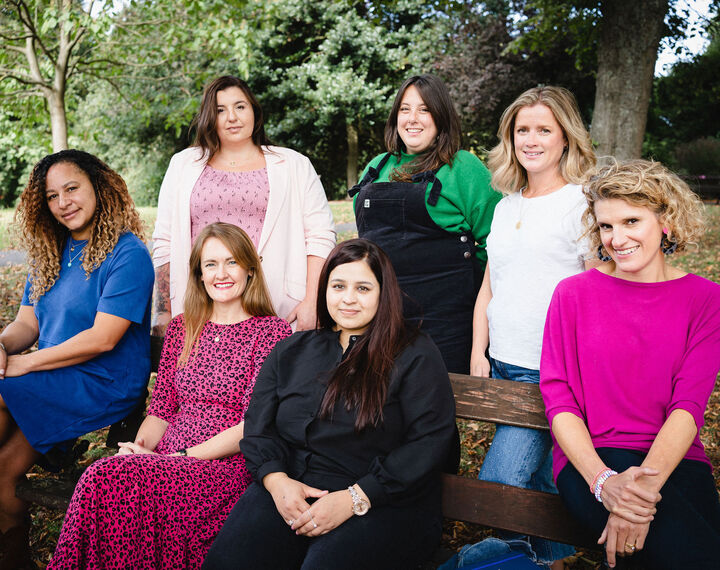 Published date19 February 2024
Published date19 February 2024 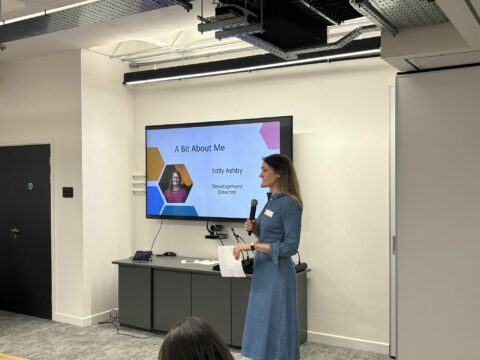

 Published date30 May 2022
Published date30 May 2022 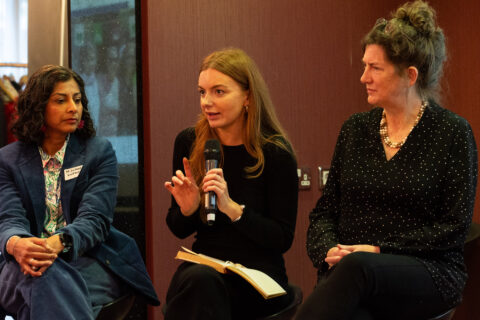
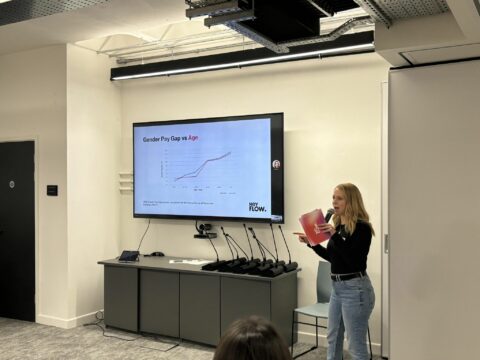
 Published date12 September 2024
Published date12 September 2024 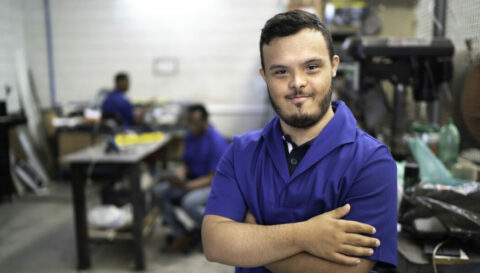
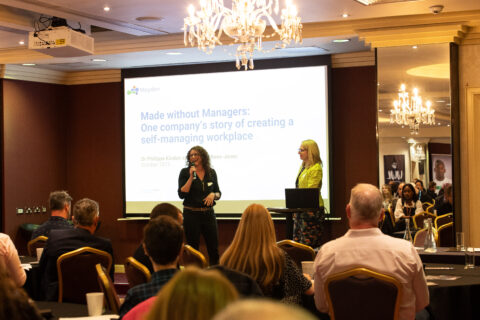
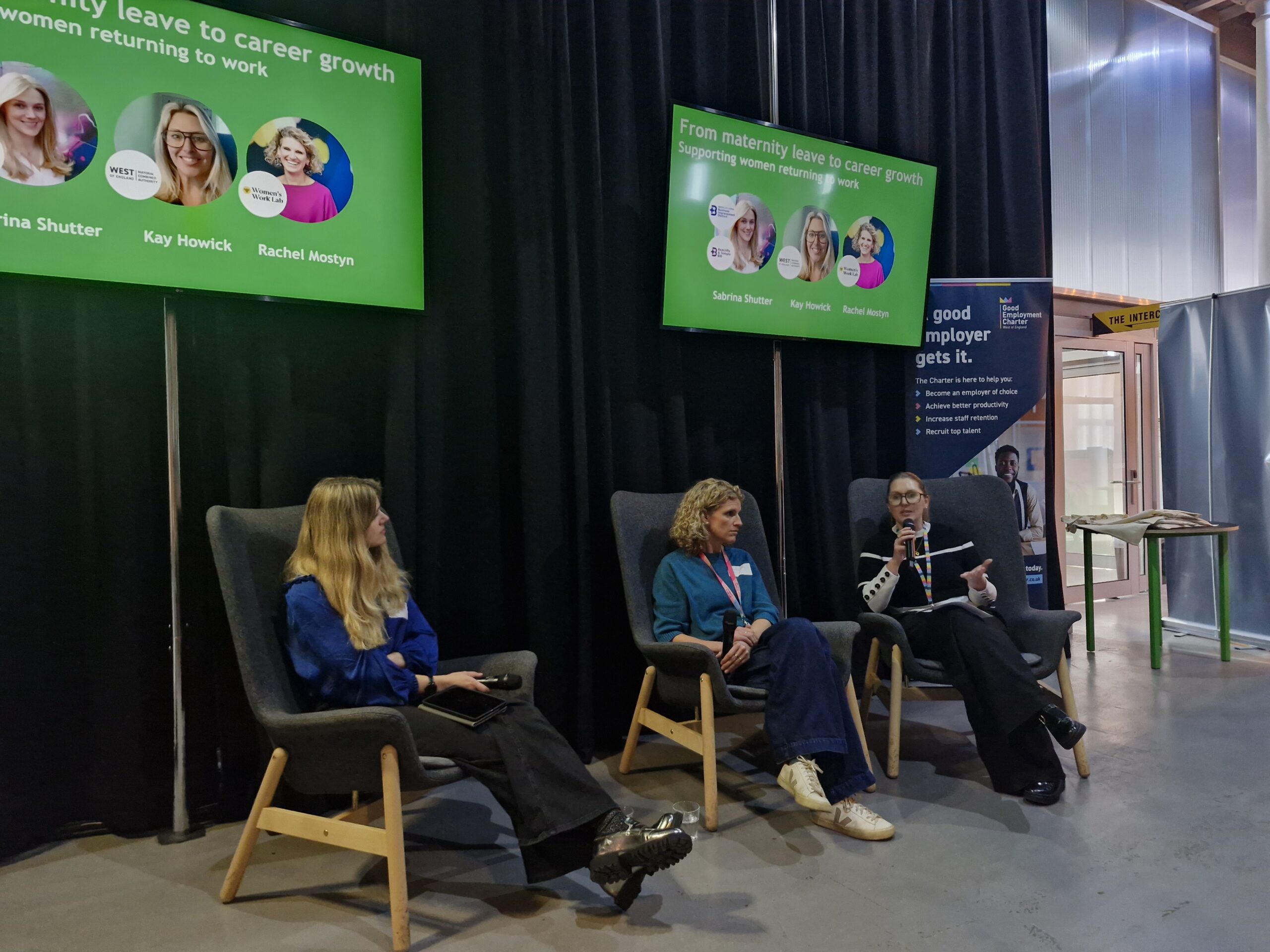 Published date12 March 2025
Published date12 March 2025  Published date12 September 2024
Published date12 September 2024  Published date13 June 2022
Published date13 June 2022